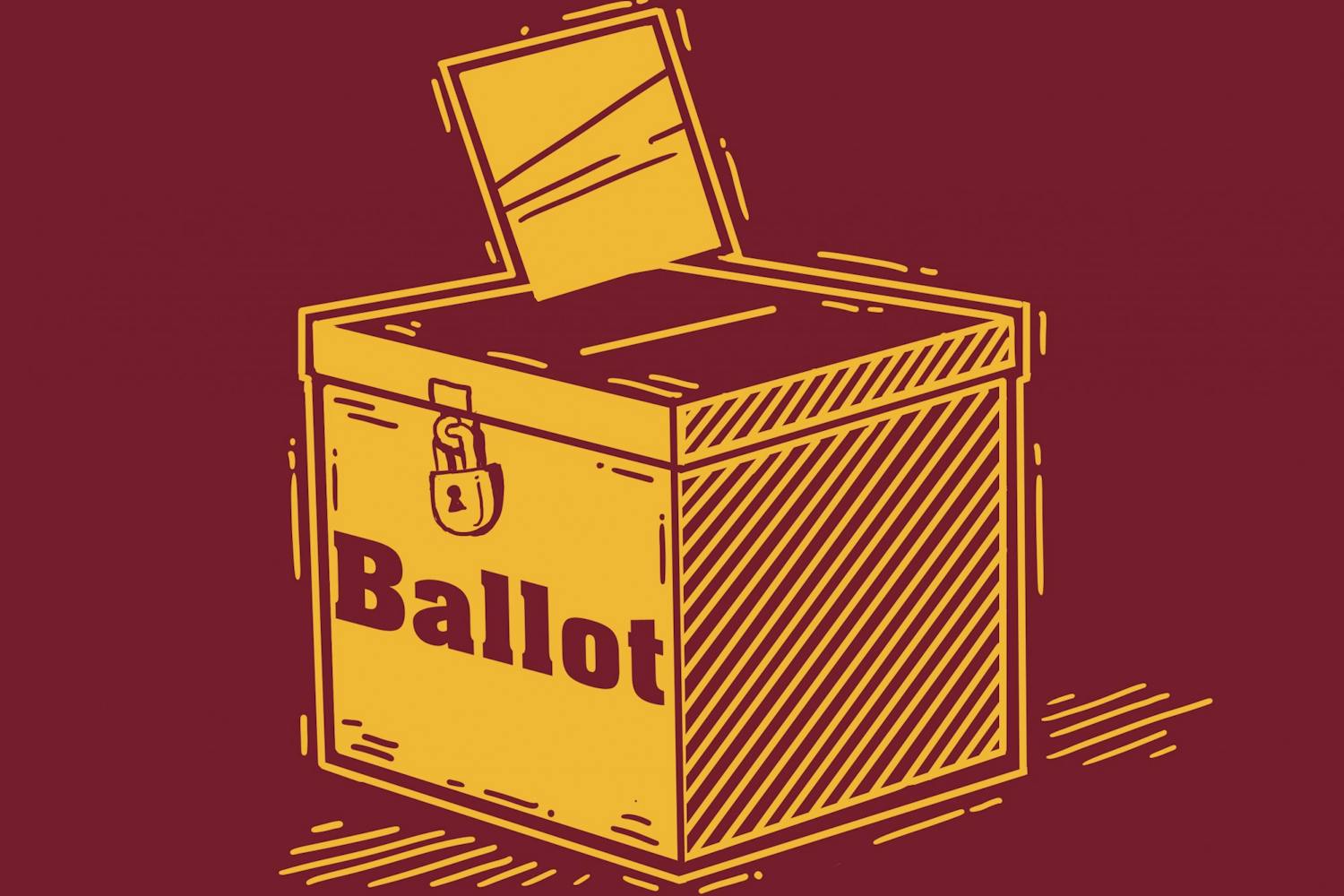Being a political trigger word, “transparency” is thrown around by politicians of all levels. Beginning with those at the federal trickling down to local levels and even invading our own Tempe Undergraduate Student Government, we’ve heard it time and time again. Still, we are left wondering when things will actually become transparent, rather than a confusing government charade more focused on saving face than informing the people ruled by law? With a new bill focused on eliminating public discussion, it doesn’t seem like it will be happening any time soon.
For Arizonans, open-door meetings may soon be a concept of the past. Sen. Sylvia Allen, R-Snowflake, recently introduced legislation intended to allow politicians to have important conversations behind closed doors. Allen stands steadfast in support of the bill, claiming that the bill would “improve government because elected officials could talk to each other privately before public meetings begin,” according to the Arizona Republic.
Interestingly, Diane Douglas, Arizona’s superintendent of of public instruction, made her own claims against decisions being made behind closed doors. After the state Board of Education selected the AzMERIT test to replace Arizona's Instrument to Measure Standards, Douglas expressed that she did not agree with this decision and other Common Core standards because she believed they were decided behind closed doors.
Unfortunately for Douglas, these decisions were made during public forums, as indicated by meeting minutes. It appears that the government does not understand what public decisions and private decisions really are, leaving them to believe that it is OK to eliminate the public from the policy decisions that will impact their lives.
The basis of all political policy can be found rooted in those that it has a direct effect upon. This means that the fundamentals of political policy fall upon the masses rather than those who are elected to represent them. It’s Democracy 101, really. No policy should be created without some form of input from a group of private citizens. Because the people that most initiatives affect are not politicians, it is important that the public understands how policies work, what they would change and how they could help or harm them.fff
For a democracy to truly function as a government of the people, by the people and for the people, the private citizen must be able to speak without fear of being silenced and informed of all things that happen behind government doors. There is a purpose for political discourse taking place in public. Without open conversations, political policies become tangled in red tape and misrepresent the public that they will be thrust upon. In the words of the classical thinker Alexis de Tocqueville, “Town-meetings are to liberty what primary schools are to science.”
Want to join the conversation? Send an email to opiniondesk.statepress@gmail.com. Keep letters under 300 words and be sure to include your university affiliation. Anonymity will not be granted.
Like The State Press on Facebook and follow @statepress on Twitter.



